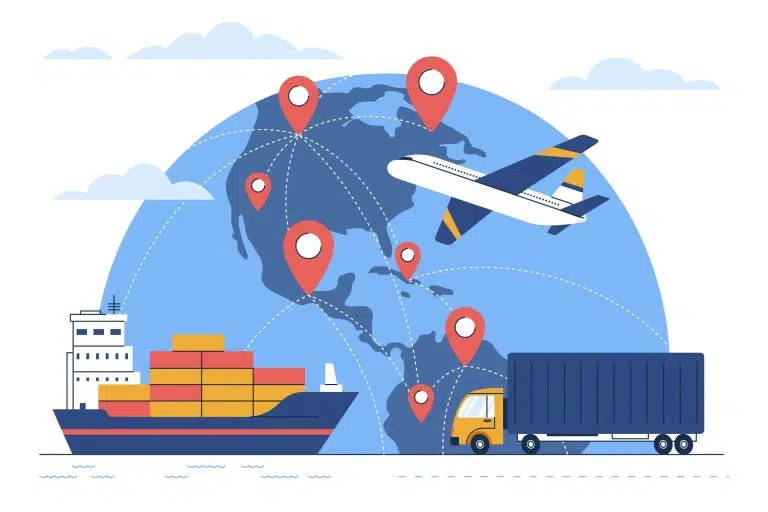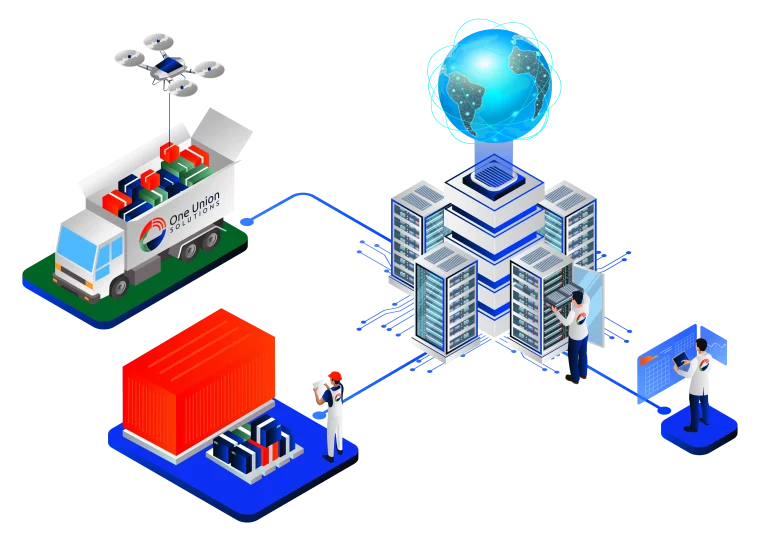Not Doing Enough Research On The IOR
There is a wide variety of IORs worldwide. Furthermore, doing your homework may make it easier to determine which IOR is ideal for your requirements. Examine and investigate the IORs, finding out about their background, track record, customer endorsements, and pertinent credentials. Decide how long they will retain your import documentation for compliance and audits as well.
Not Getting The Papers Ready
Boring as it may be, it has the power to separate profit from loss. Every shipment entering a nation must be accompanied by paperwork. This covers a wide variety of paperwork, such as packing lists, commercial invoices, and certificates of origin, which attest to the location where your items are manufactured.
Sort up your documentation before sending your products to avoid last-minute surprises or additional fees if your cargo has to be placed in storage when it arrives.
Leaving the Free Trade Agreement behind
Numerous free trade agreements that Nigeria has with foreign nations are advantageous. Because doing business with such nations has advantages that you may exploit, you have to abide by certain guidelines as well.
Assuming an IOR’s service scope on your own may lead to misunderstandings and unfulfilled expectations. For a smooth importation, you need to be aware of their tasks and functions as well as your own. In general, you should avoid an IOR that assigns you most of the work. It would help if you had an IOR who manages all facets of the importation process, including paying taxes and fees and adhering to customs regulations.
Not Giving Oneself Enough Time Upon Arriving
When your items enter the nation, there are two processes involved. The airline or container line is in charge of handling. Then there’s the customs review. Both of these actions impact the time it takes for a forwarder to pick up your goods.
Have you noticed that the date and time on your papers may be an ETA (Estimated Time of Arrival)? The ETA to the location is shown there. It is not your warehouse entrance; the airport or port of arrival is the destination. Deliveries of complete containers should take at least two days, those of loose containers three to six days and air freight deliveries one day beyond the estimated time of arrival. All of this depends on a clear customs status; no inspections are necessary.
Selecting An IOR Only On The Basis Of Price
Even though inexpensive IORs may exist, other factors like experience, knowledge, service scope, etc., must also be considered. In essence, consider the cost associated with IORs. Evaluate the value the IOR is adding to your company to see whether it is worth it.
Disregarding Knowledge And Experience
Expertise and experience in cross-border transportation are priceless. Most locations have complications that an experienced IOR has recognised and devised solutions for. Expertise ensures excellent importation management, from transportation to adherence to local laws and regulations.
As a result, IORs with expertise in managing comparable products and sectors should be given preference. Accreditations and industry-specific knowledge may ascertain the IOR’s competence.
As a Global IOR and Trade Compliance Expert, One Union Solutions offers our clients the ideal platform for sending their telecom and IT gear to any nation on the planet. We can provide you with essential advice to effectively trade products across more than 170 countries globally, thanks to our outstanding expertise in the trade compliance industry.


